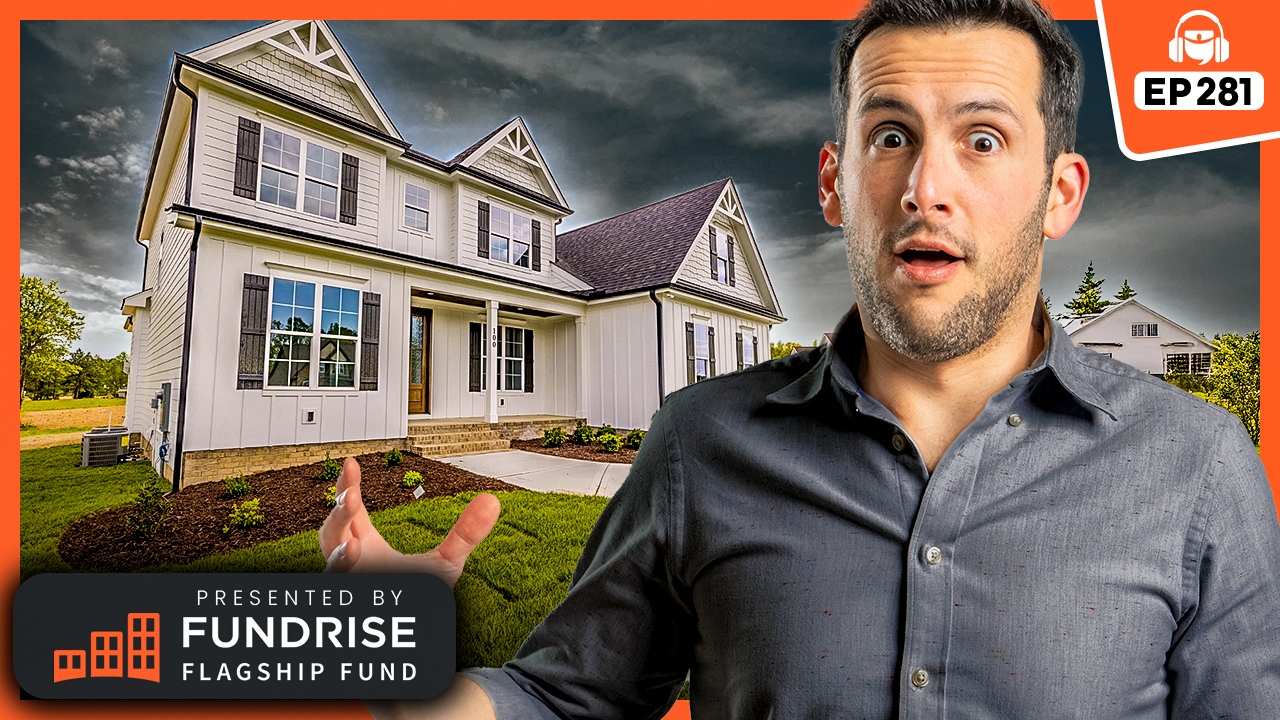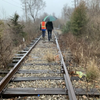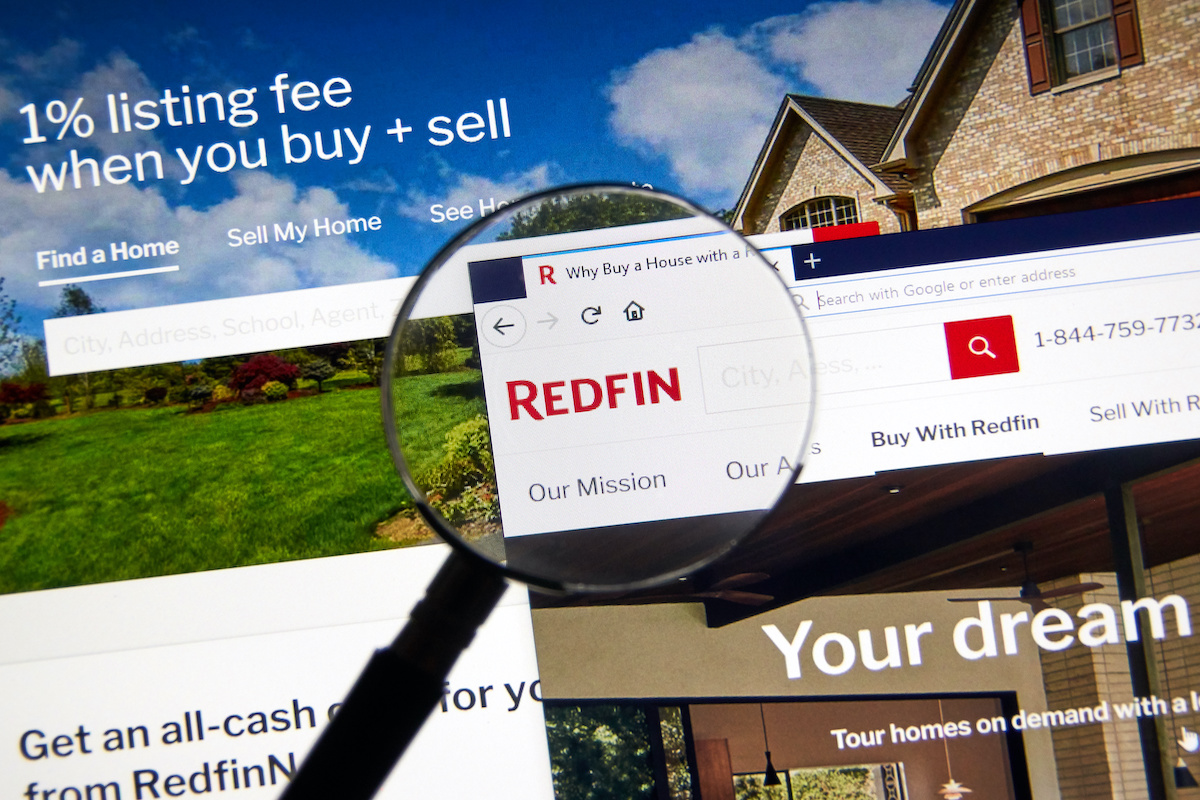If cash flow were already on its knees because of increased interest rates, soaring homeowners insurance premiums have been the real death blow.
A perfect storm of disparate factors, such as labor shortages, inflation, higher reinsurance, increased building costs, and extreme weather events, has driven up insurance premiums, in some cases as much as six times. Sometimes, insurers simply refuse coverage altogether. To add insult to injury, property taxes, utility costs, and homeowners’ association fees have also increased.
Crippling Increases
“The insurance really is, I think, just as crippling, if not more so, than interest rates,” real estate agent Kara Breithaupt in New Orleans—where floods and hurricanes have caused insurance costs to rise faster than in most of the U.S.—told the Wall Street Journal. “When you’re talking about a $500,000 property that has an $8,000 homeowners insurance premium and a $2,000 flood insurance premium, and property taxes on top of that, the carrying costs have exponentially increased.”
Traditionally, home insurance was a good deal for all concerned. Homeowners and landlords paid a small premium to ensure they could receive a sufficient payout in the event of a natural disaster or other loss. Insurers made money by spreading the risk nationwide. However, extreme weather such as hurricanes and increased high heat-induced wildfires have changed the economic dynamic.
According to AM Best, a global credit rating agency, underwriting losses among U.S. property insurers totaled $47 billion in 2022 and 2023. Last year, the insurance industry posted an underwriting profit in 2020, and premiums have risen by more than 30% since then. Rates rose by more than 10% on average in 19 states in 2023 after a series of big payouts related to floods, storms, wildfires, and other natural disasters across the U.S.
Insurance Companies Are Barely Hanging On
It’s not as if insurers are trying to gauge landlords and homeowners. Many are hanging on for dear life. In California, seven out of the state’s 12 carriers have stopped coverage within the last two years—or gone bankrupt. Things have become so bad that 12% of U.S. homeowners are foregoing insurance altogether.
Landlords are in a dilemma, too—suck up the added insurance costs themselves and suffer reduced or no cash flow, or try to pass on the costs to their tenants and hope they can afford it or risk losing them. Landlords also have additional costs when it comes to insurance compared to homeowners.
Rising Construction Costs
Many landlords assume that the replacement cost number given by insurers is accurate. That’s not always the case. If a tenant causes damage, or a fire, flood, or hurricane decimates your property, you might not be able to get enough money to repair or replace your building if escalating construction costs weren’t factored in.
According to real estate data firm CoreLogic, construction materials and labor costs increased by 40% and 16%, respectively, between 2019 and 2023. While they appeared to have stabilized somewhat in 2024, President-elect Trump’s proposed tariffs could increase costs again.
“Many people got a little complacent,” Jeffrey Burns, a senior global real-estate adviser with Premier Sotheby’s International Realty in Sanibel, Florida, told the Wall Street Journal. “They thought that getting just enough insurance would be OK, and they would be covered.” That, Burns said, wasn’t the case, and many of his clients were forced to sell their homes due to a lack of insurance.
Affordable Housing Is the Worst Hit
The 4,000 or so nonprofits and developers prohibited from raising rents or constrained to selling homes to buyers with limited budgets have suffered particularly badly. For them, soaring insurance is the difference between being in business or not, with coastal states the worst affected.
“If it spreads further, it could threaten to end affordable housing development as we know it,” Frank Woodruff, executive director of the Community Opportunity Alliance, a trade group representing nonprofit housing developers, told the New York Times. If that were to happen, it could dramatically affect homelessness, as well as banks that have collectively invested billions in housing projects through a federal tax credit program. Landlords looking to borrow from these banks to fund affordable housing projects would be caught up in the maelstrom.
“This problem is so big, and it could kill so very many wonderfully productive organizations, and yet it feels like there’s nothing we can do,” Woodruff said.
Across the board, nonprofit landlords and developers have cited increased insurance as the reason they can no longer afford to operate.”Insurance is really the thing that has had the greatest impact on us,” Mary Lawler, the chief executive of Avenue, a small nonprofit in Houston that develops affordable housing, told the Times.
HUD is not blind to the issue. However, a solution has come too late for many, such as Lawler at Avenue, who recently put 400 of the organization’s 1,000-unit portfolio for sale, some of which can be converted to market-rate rentals—at the worst possible time for the U.S. to be losing affordable housing.
A Tough Time for Landlords in Some States
Landlords in some of the country’s most popular rental markets, such as California, Florida, North Carolina, Oklahoma, and Texas, also prone to extreme weather, are having a particularly tough time getting affordable insurance.
“When inflation is on the rise, it basically means that the cost of everything is going up,” Redfin economist Daryl Fairweather told CBS News. “And that includes the cost of maintenance for homes, the cost of remodeling homes. And that goes into the equation for home insurance.”
What Property Owners Can Do
Property owners can make a few common-sense moves to help with insurance costs. These include:
- Bundle policies: Landlords can bundle multiple homes into one master policy to lower insurance rates. To sweeten the pot, they can add auto insurance.
- Make sure upgrades are accounted for: Recent upgrades, such as mechanical systems, alarm systems, security cameras, and better lighting, along with regular maintenance, can help lower rates.
- Review your building’s valuations: Ensure your insurer is aware of current construction costs, replacement value, and rent roll for loss of income exposure.
- Call around for multiple quotes: You’ll be surprised how much insurance companies can differ in their premium amounts. Call around for the best quote.
- Invest in weatherproofing your home: Include storm-resistant windows, landscaping, and drains.
- Never allow banks to carry your insurance policy: A bank will choose not to use an insurance company that protects its loan, not your home. Always get your own insurance policy.
Final Thoughts
When a building is not cash-flowing, it’s tempting to let the insurance slide to monetize the scales in your favor. That’s a bad move. Having had two apartment buildings burned to cinders through fires (thankfully, no one was injured), I can attest to the importance of insurance. If you cannot afford insurance, keeping your rental is not worth the risk.
However, there are certain moves you make to try and generate more cash to help cover costs, including insurance. These are:
- Appeal your taxes: Hire an attorney who understands the court appeal system for real estate taxes. You might be surprised at the reduction you can get.
- Increase rents: It is better to increase rent by a little more regularly than a lot at once. Tenants should know to expect a nominal increase whenever their leases renew.
- Charge for extras: Parking, laundry, pools, and fitness areas could be charged to help offset costs.
- Get on a payment plan: Make sure the utilities you are responsible for are on a payment plan. Regulating your utility usage will help you to stay on top of expenses.
- Negotiate with your management company: Ask if your management company would consider lowering their costs and percentage to help you with maintenance costs. This is more likely if you have a sizeable portfolio or plan to buy more rental properties.
Consider self-management: It’s not for everybody, but self-managing your buildings can dramatically reduce expenses if you have the time, tools, and temperament.
Find the Hottest Markets of 2024!
Effortlessly discover your next investment hotspot with the brand new BiggerPockets Market Finder, featuring detailed metrics and insights for all U.S. markets.

Note By BiggerPockets: These are opinions written by the author and do not necessarily represent the opinions of BiggerPockets.



















 English (US) ·
English (US) ·